In the world of hip-hop, stage names have become an important part of an artist’s brand and identity. Rappers often shed their birth names in favor of more memorable monikers that help them stand out in the competitive music industry.
In this article, I will reveal the real names of the rappers below. Let us get into it!
Top 30 Rappers’ Real Names You Probably Didn’t Know
Discovering the birth names behind the stage personas offers a unique glimpse into the artists’ origins. This table lists thirty influential and popular rappers alongside the names they were given at birth, providing context before exploring their individual stories.
| Sr. no | Artist Name | Real Name |
|---|---|---|
| 1 | Jay-Z | Shawn Carter |
| 2 | Eminem | Marshall Mathers |
| 3 | 50 Cent | Curtis Jackson |
| 4 | Cardi B | Belcalis Almanzar |
| 5 | Travis Scott | Jacques Webster II |
| 6 | Nicki Minaj | Onika Maraj |
| 7 | Lil Uzi Vert | Symere Woods |
| 8 | A$AP Rocky | Rakim Mayers |
| 9 | Playboi Carti | Jordan Carter |
| 10 | Gucci Mane | Radric Davis |
| 11 | Megan Thee Stallion | Megan Pete |
| 12 | Post Malone | Austin Post |
| 13 | Young Thug | Jeffery Williams |
| 14 | Future | Nayvadius Wilburn |
| 15 | Kendrick Lamar | Kendrick Lamar Duckworth |
| 16 | J. Cole | Jermaine Cole |
| 17 | Lil Baby | Dominique Jones |
| 18 | 21 Savage | Shayaa Joseph |
| 19 | Juice WRLD | Jarad Higgins |
| 20 | Chance the Rapper | Chancelor Bennett |
| 21 | Logic | Sir Robert Bryson Hall II |
| 22 | 2 Chainz | Tauheed Epps |
| 23 | Kodak Black | Bill Kapri (born Dieuson Octave) |
| 24 | Chief Keef | Keith Cozart |
| 25 | Polo G | Taurus Bartlett |
| 26 | Wiz Khalifa | Cameron Thomaz |
| 27 | Tyler, the Creator | Tyler Okonma |
| 28 | Lil Wayne | Dwayne Carter Jr. |
| 29 | Drake | Aubrey Graham |
| 30 | Snoop Dogg | Calvin Broadus Jr. |
Some names in our Top 30 Rappers Real Names list also appear among the Top 20 Richest Rappers in 2025, showing how identity and brand power drive their net worth.
Let’s explore the stories behind these artists’ name changes and learn more about the people behind the personas that have shaped hip-hop culture.
1. Jay-Z
Born Shawn Corey Carter in Brooklyn, New York, Jay-Z derived his stage name from the J/Z subway lines that ran through his neighborhood and as a tribute to his mentor Jaz-O. Rising from the Marcy Projects to become one of music’s first billionaires, Jay-Z’s journey represents the quintessential rags-to-riches story.
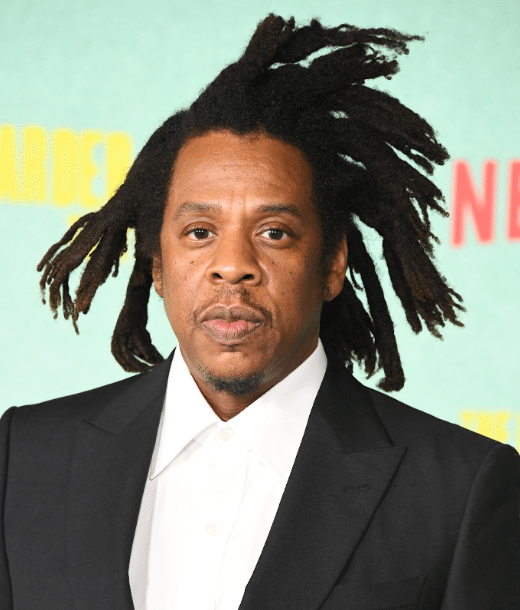
Beyond his musical achievements, he’s built an empire spanning music streaming, fashion, sports management, and alcohol brands, while maintaining his position as one of rap’s most respected lyricists and businessmen.
Did you know: Jay Z’s net worth in 2025 is $2.5 billion dollars? Find more details on his assets, businesses, and more!
2. Eminem
Marshall Bruce Mathers III adopted the name Eminem as a phonetic representation of his initials (M&M). Growing up in Detroit’s 8 Mile district, Eminem overcame tremendous personal struggles to become one of rap’s most technically skilled artists.
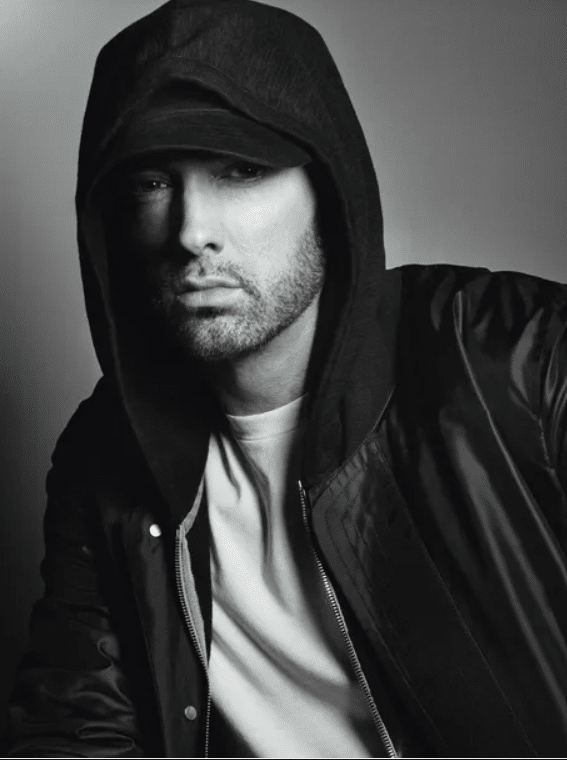
His raw, autobiographical lyrics and rapid-fire delivery have earned him numerous Grammy Awards and the distinction of being one of the best-selling artists of all time. His complex rhyme schemes and storytelling abilities have influenced countless rappers who followed. You can also keep yourself updated on Eminem concert 2025 news and tune into his live show (when it happens!).
Do you think Eminem makes it to the Best rap albums of all time? Check our research for answers.
3. 50 Cent
Curtis James Jackson III adopted the name 50 Cent as homage to Brooklyn robber Kelvin Martin, reflecting his own tough upbringing in South Jamaica, Queens. After surviving being shot nine times, 50 Cent partnered with Eminem and Dr. Dre to become one of rap’s biggest stars.
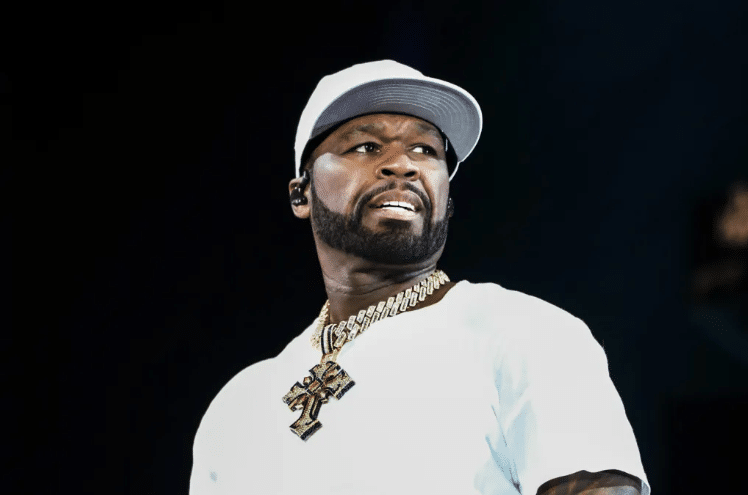
His business acumen led to successful ventures in entertainment production, headphones, and energy drinks. Though his musical output has slowed, his influence as an entrepreneur and television producer continues to grow.
4. Cardi B
Belcalis Marlenis Almánzar derived her stage name from “Bacardi,” a nickname given to her by friends. The Bronx native’s journey from stripper to reality TV personality to chart-topping rapper represents one of music’s most remarkable success stories.
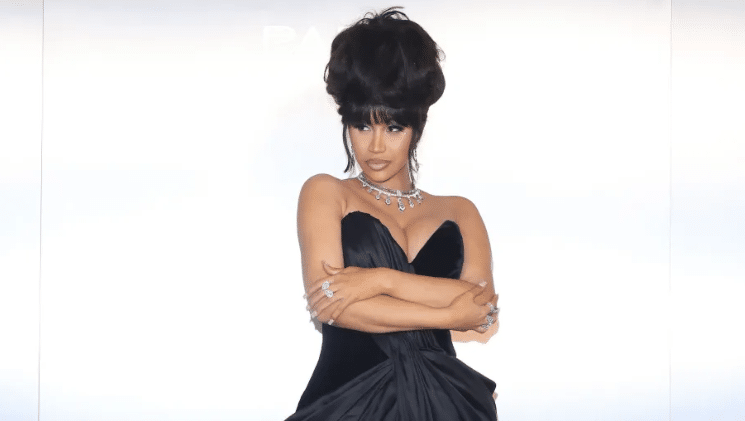
Her uninhibited personality and willingness to speak her mind have made her as famous for her social media presence as for her music. Her debut album “Invasion of Privacy” won the Grammy for Best Rap Album. Also, Cardi B is considered one of the hottest female rappers, and you definitely don’t want to miss out on our list to discover other artists who made it to our rankings.
5. Travis Scott
Jacques Bermon Webster II combined the first name of his favorite uncle with the first name of a musical inspiration, Kid Cudi (Scott Mescudi). The Houston native has become known for his psychedelic hip-hop production and energetic live shows that blend rap with elements of alternative rock. Travis has always been an icon in the hip-hop world, and some of the best Travis Scott songs we’ve ranked prove why!
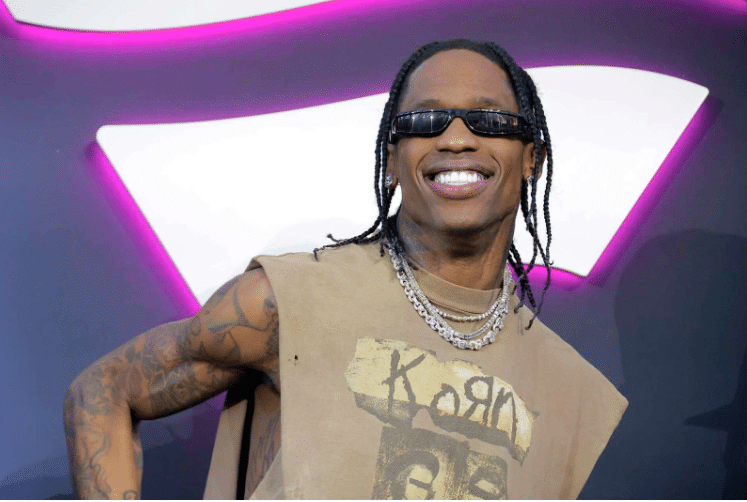
His “Astroworld” album and festival cemented his status as a cultural icon, while his collaborations with brands like McDonald’s and Nike have expanded his influence beyond music.
Now, he’s bringing that global energy to India. Check Travis Scott’s India tour details for more.
6. Nicki Minaj
Onika Tanya Maraj-Petty adopted the name “Nicki Minaj” early in her career, with “Minaj” playing on the word “ménage.” Born in Trinidad and raised in Queens, Nicki revolutionized female rap with her theatrical personas, animated vocal delivery, and complex lyrics.
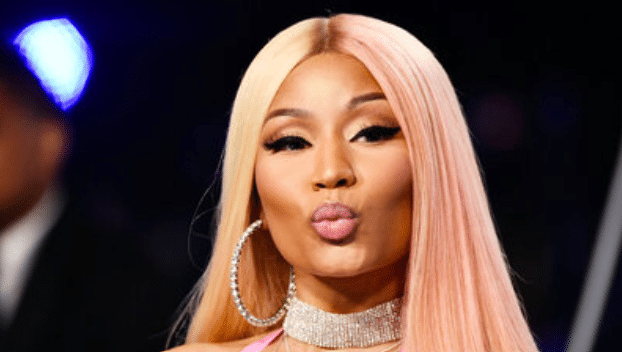
Her versatility spans from hardcore rap to pop crossover hits, making her one of the most commercially successful female rappers of all time. Beyond music, she’s built businesses in fashion and fragrance while maintaining her status as rap’s preeminent female MC.
Catch Nicki Minaj Tour 2025 and see if it’s happening in your city!
7. Lil Uzi Vert
Symere Bysil Woods earned the nickname “Lil Uzi” for his rapid-fire flow resembling a “little Uzi” submachine gun. “Vert” was added later, referencing his vertical jumping skills. The Philadelphia native represents the SoundCloud rap generation, blending emo and rock with trap production.
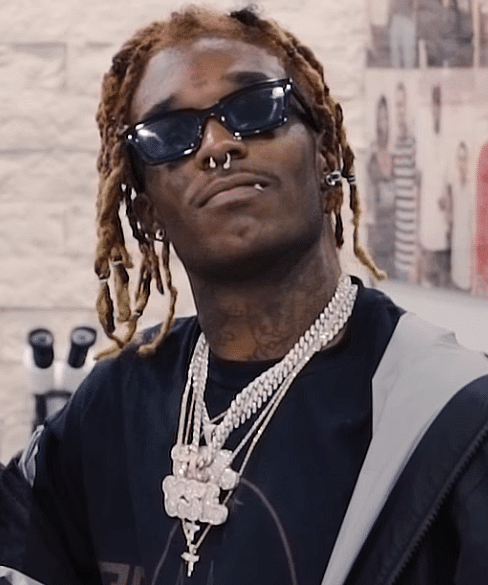
His eccentric fashion choices, including his famous forehead diamond implant, and melodic approach to rap have made him one of the most distinctive artists of his generation.
8. A$AP Rocky
Rakim Athelaston Mayers was named after the legendary rapper Rakim, foreshadowing his own future in hip-hop. The “A$AP” comes from his membership in the A$AP Mob, a hip-hop collective formed in Harlem, New York City, in 2007.
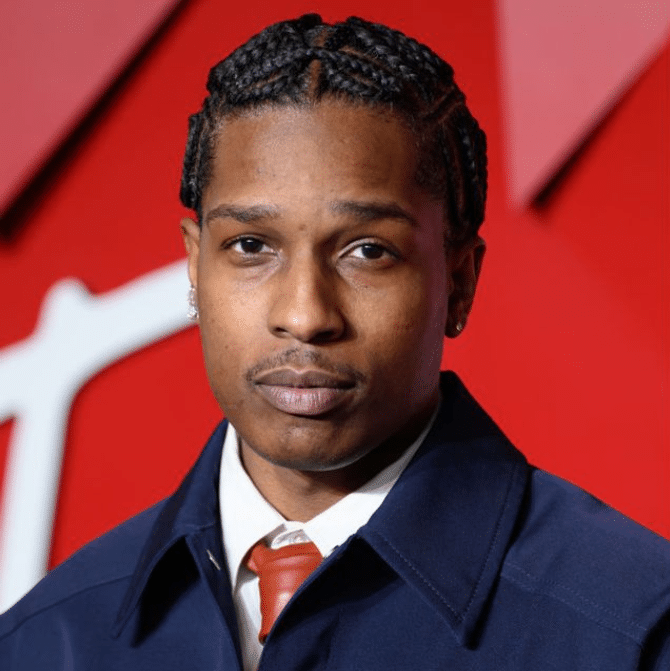
Rocky’s approach to fashion and music positions him as a leading hip-hop style icon. His psychedelic albums blend Southern and East Coast rap traditions, while collaborations with luxury brands bridge high fashion and street culture.
9. Playboi Carti
Jordan Terrell Carter adopted the name “Playboi Carti” as he began developing his unique style. The Atlanta native pioneered a minimalist approach to rap that emphasizes mood and atmosphere over traditional lyricism.
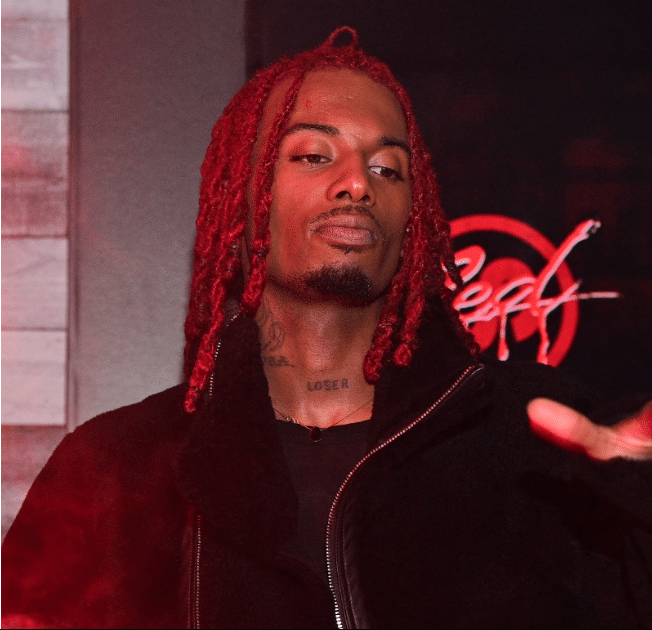
His cryptic persona, fashion sense, and avant-garde beats have created a devoted cult following. Despite releasing relatively little music, each of his projects has been highly influential on the sound of contemporary hip-hop, with many artists imitating his delivery and production choices.
Also read: Best songs for Instagram Stories that feature “Timeless” by The Weeknd and Playboi Carti.
10. Gucci Mane
Radric Delantic Davis took the name “Gucci Mane” partly from his father’s nickname “Gucci” and as a nod to the luxury fashion brand. The Atlanta trap pioneer has survived prison stints and personal struggles to become one of rap’s most prolific and respected veterans.
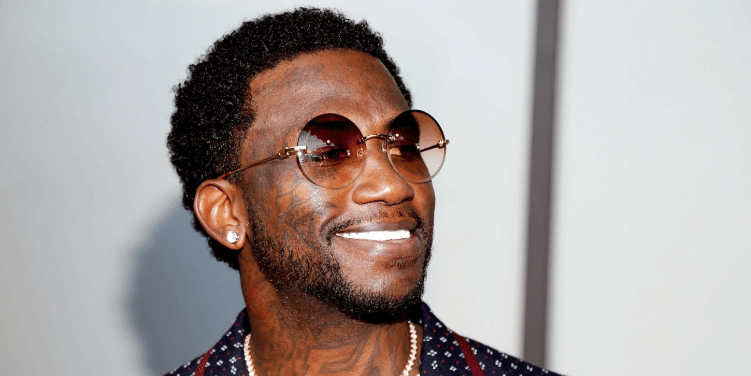
His transformation following his 2016 prison release, embracing sobriety and fitness, has been as remarkable as his musical output. His 1017 Records label has launched the careers of numerous successful artists.
11. Megan Thee Stallion
Megan Jovon Ruth Pete adopted the “Stallion” moniker due to her tall height and powerful presence, with “stallion” being a Southern slang term for a tall, attractive woman. The Houston native made history as one of the first female rappers to achieve mainstream success while maintaining hardcore rap credentials.
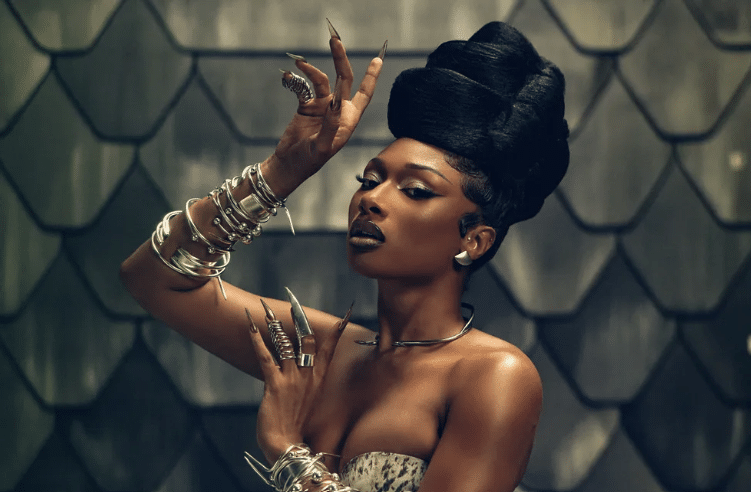
Her emphasis on female empowerment and sex-positive lyrics has made her a feminist icon, while her college education, which she received while building her rap career, showcases her commitment to balancing education with entertainment.
12. Post Malone
Austin Richard Post generated his stage name using an online rap name generator, combining his last name with “Malone.” The Texas-raised artist has defied genre categorization by blending elements of hip-hop, rock, country, and pop. You can also tune into most popular Post Malone songs and find our shortlisted tracks!

Initially criticized as a cultural appropriator, Post has overcome skepticism to become one of music’s biggest stars, known for melodic hooks and emotionally vulnerable lyrics. His ability to cross musical boundaries has made him a streaming giant with multiple diamond-certified singles.
If you’re from India, there’s some good news! Post Malone India Tour 2025 is happening! After his debut in India, he is all set to return to Assam by the end of the year.
13. Young Thug
Jeffery Lamar Williams chose a name that belied the revolutionary nature of his musical approach. The Atlanta innovator has pushed hip-hop’s boundaries with his gender-fluid fashion choices and experimental vocal delivery.
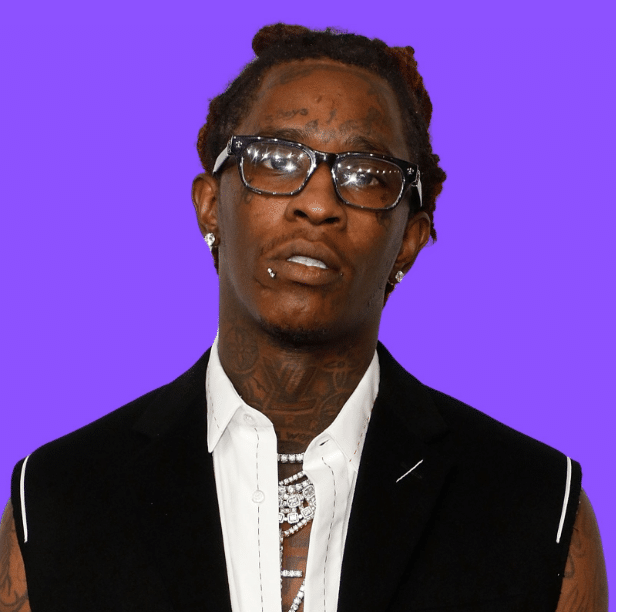
Young Thug’s elastic voice and unconventional approach to melody have influenced countless artists who followed him. His YSL collective has become a major force in Atlanta hip-hop, though legal troubles have recently complicated his career trajectory and legacy.
14. Future
Nayvadius DeMun Wilburn’s futuristic sound inspired his stage name, fitting for an artist who helped define the sound of contemporary rap. The Atlanta native pioneered the melodic trap sound that has dominated hip-hop for the past decade.
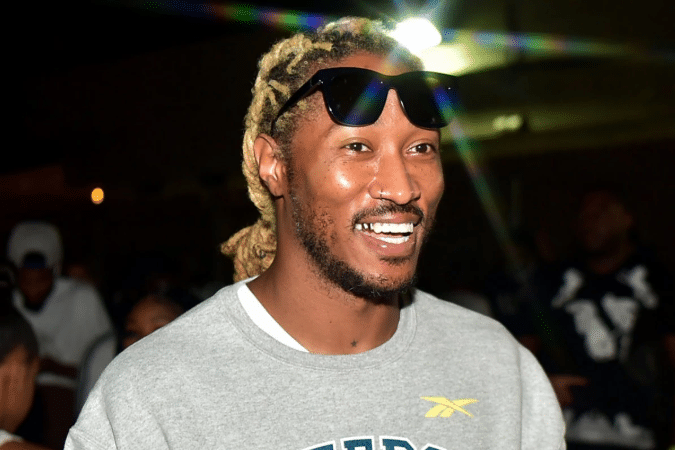
His willingness to explore emotional vulnerability, particularly regarding failed relationships and substance abuse, has resonated with fans through multiple classic mixtapes and albums. His innovations in vocal delivery and production have made him one of rap’s most imitated artists.
15. Kendrick Lamar
Kendrick Lamar Duckworth simply dropped his last name professionally. The Compton artist has elevated hip-hop as an art form through conceptual albums that examine personal struggle, racial identity, and spiritual growth.
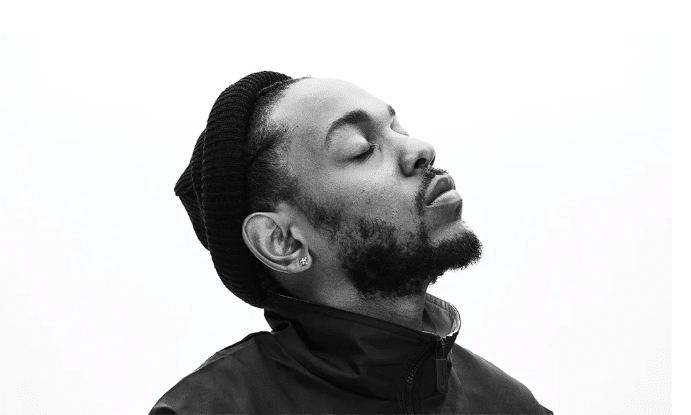
Lamar’s technical skill, lyrical depth, and willingness to tackle complex social issues have earned him Pulitzer Prize recognition and numerous Grammys. His conscious approach to rap has established him as this generation’s most critically acclaimed hip-hop artist, following in the tradition of legends like Tupac Shakur.
16. J. Cole
Jermaine Lamarr Cole shortened his first name for his stage moniker. The North Carolina rapper has built a devoted following through thoughtful lyrics addressing personal growth, social issues, and the rap game itself.
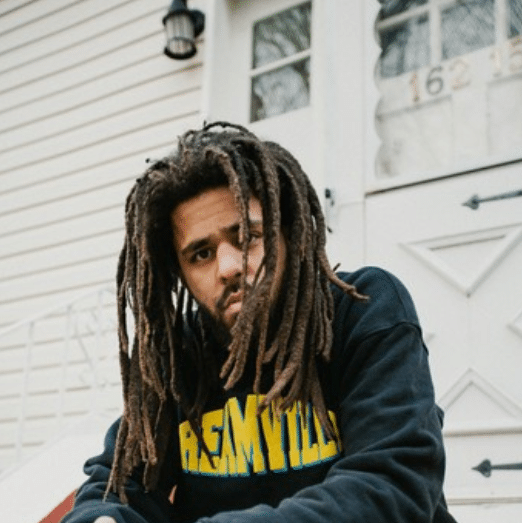
His decision to build his career largely without features, flashy production, or gimmicks has earned him respect as an authentic voice in hip-hop. His Dreamville label has provided a platform for like-minded artists who value substance over style.
17. Lil Baby
Dominique Armani Jones adopted the diminutive prefix common in southern rap. The Atlanta native rose from the streets to become one of rap’s most consistent hitmakers in a remarkably short time.
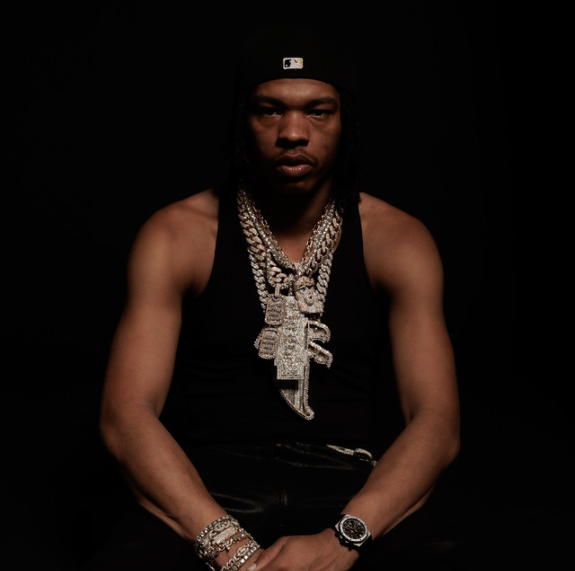
His authentic portrayal of street life and the struggles of young Black men in America has resonated with a wide audience. Despite his relatively straightforward approach to trap music, his emotional delivery and raw honesty have elevated him above many of his peers.
18. 21 Savage
Shayaa Bin Abraham-Joseph took his name from the “21” street gang in Atlanta, and being shot on his 21st birthday. Born in London and raised in Atlanta (a fact that caused immigration issues), 21 has evolved from making menacing trap music to more thoughtful explorations of trauma and growth.

His deadpan delivery and matter-of-fact recounting of violent experiences create a chilling effect that distinguishes him from more animated contemporaries. His growth as both an artist and businessman has been impressive to witness.
19. Juice WRLD
Jarad Anthony Higgins derived his name from the 1992 film “Juice” starring Tupac Shakur, with “WRLD” representing his global ambitions. The Chicago artist pioneered the emotional “emo rap” movement before his tragic death at 21.

His ability to freestyle for hours and blend hip-hop with pop-punk and emo influences created a distinctive sound that connected with young listeners dealing with mental health struggles. His posthumous releases have continued his legacy as one of his generation’s most influential artists.
20. Chance the Rapper
Chancellor Johnathan Bennett simply adapted his first name into a stage name that literally describes his profession. The Chicago artist broke industry norms by achieving mainstream success as an independent artist who gave away his music for free.
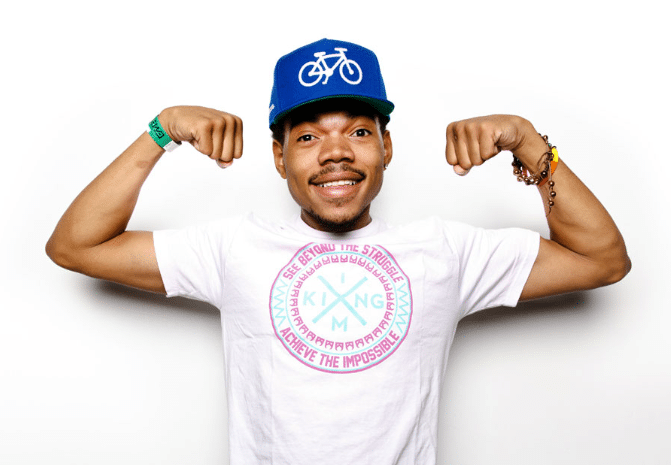
His gospel-influenced sound and positive messages have made him stand out in a genre often focused on darker themes. Beyond music, his philanthropic work in Chicago education has established him as a community leader as well as an artist.
21. Logic
Sir Robert Bryson Hall II possesses perhaps the most distinguished-sounding birth name in hip-hop, contrasting with his straightforward stage name. The Maryland rapper gained recognition for his technical prowess and positive messaging, often addressing mental health, racism (as a biracial artist), and social issues.

His breakout hit “1-800-273-8255,” named after the National Suicide Prevention Lifeline, demonstrated his commitment to using his platform for good. Despite announcing retirement in 2020, Logic has continued releasing music while balancing family life and creative pursuits.
22. 2 Chainz
Tauheed Epps originally performed as “Tity Boi” as part of the duo Playaz Circle before rebranding to the more commercially viable “2 Chainz.” The Atlanta veteran experienced a career renaissance after his name change, becoming known for his charismatic personality, witty punchlines, and instantly recognizable ad-libs.
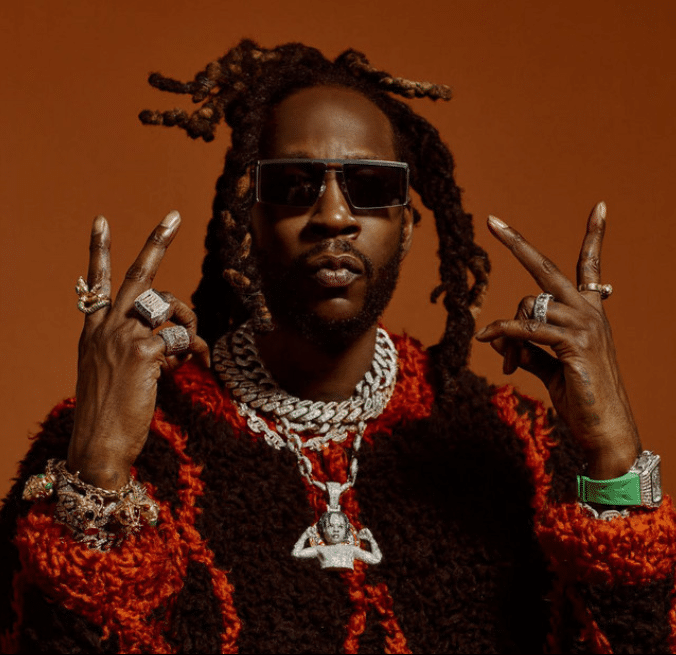
His transition from southern underground rapper to mainstream success story demonstrates the value of persistence in the music industry. Beyond music, his entrepreneurial ventures include restaurants, cannabis lines, and reality television productions.
23. Kodak Black
Born Dieuson Octave, he legally changed his name to Bill Kapri while in prison, though he continues to perform as Kodak Black. The Florida rapper’s raw, unfiltered portrayal of street life in Pompano Beach has earned him a devoted following despite ongoing legal troubles.
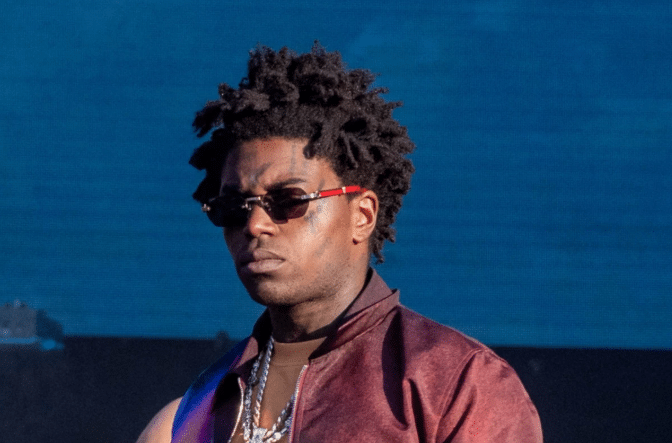
His distinctive voice and melodic approach to southern rap have influenced numerous artists who followed him. Despite multiple incarcerations interrupting his career, Kodak’s authentic expression of pain, struggle, and ambition has maintained his relevance in hip-hop’s constantly evolving landscape.
24. Chief Keef
Keith Farrelle Cozart acquired his “Chief” title as a childhood nickname that stuck. The Chicago drill pioneer revolutionized rap at just 16 years old with “Don’t Like,” sparking a movement that would transform hip-hop production and vocal approaches. Despite retreating from the spotlight in recent years, his influence remains immeasurable across multiple generations of rap artists.
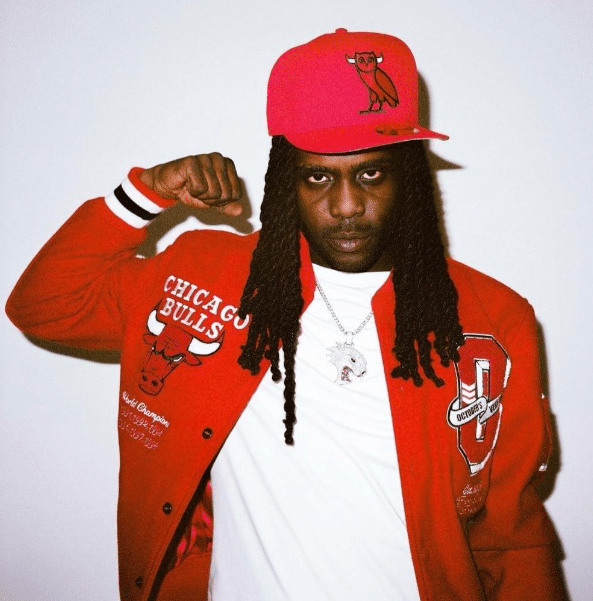
His combination of lyrics, mumbly delivery, and aggressive production created a template that countless artists have adopted and adapted in the years since his breakthrough.
25. Polo G
Taurus Tremani Bartlett named himself after his favorite clothing brand (Polo Ralph Lauren) with the “G” representing his Chicago neighborhood, “Goat.” The Chicago native has distinguished himself through introspective lyrics about trauma, loss, and survival delivered with melodic flows over piano-driven production.
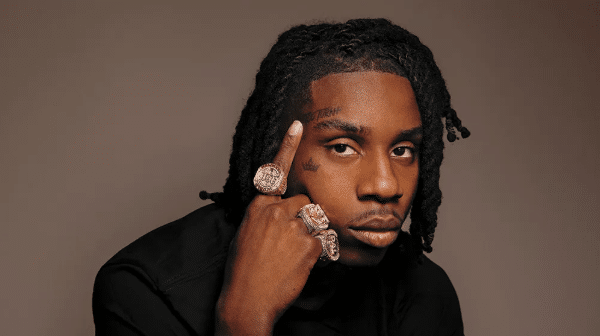
His ability to balance commercial appeal with authentic street narratives has made him one of his generation’s most respected young artists. His evolution from drill music to more varied production has showcased his artistic growth and versatility.
26. Wiz Khalifa
Cameron Jibril Thomaz created his name from “wisdom” (shortened to “Wiz”) and “Khalifa,” an Arabic word meaning successor or leader. The Pittsburgh rapper pioneered the laid-back, marijuana-focused lifestyle rap that became his signature sound. His mixtape “Kush & Orange Juice” created a blueprint for independent digital distribution that many artists followed.

Beyond music, his entrepreneurial ventures in cannabis, mobile apps, and merchandise have expanded his brand, while his co-parenting relationship with Amber Rose has shown a mature approach to family matters despite separation.
27. Tyler, the Creator
Tyler Gregory Okonma’s stage name directly reflects his creative identity and multi-disciplinary approach to art. The Los Angeles artist has undergone one of hip-hop’s most remarkable evolutions, from shock-value horrorcore to sophisticated, genre-bending explorations of identity, sexuality, and emotional growth.
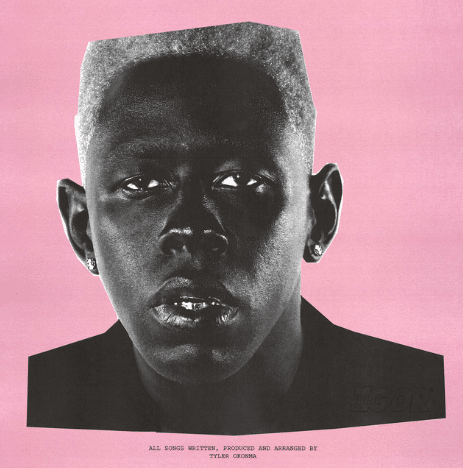
His Odd Future collective launched numerous successful careers while establishing a new model for artist collectives. His expansion into fashion (Golf Wang), television (Loiter Squad), and festival production (Camp Flog Gnaw) demonstrates his comprehensive approach to creative expression beyond just music.
Also, CHROMAKOPIA: THE WORLD TOUR is going to happen! Catch all the details of his live shows with our complete guide on Tyler The Creator Tour 2025.
28. Lil Wayne
Dwayne Michael Carter Jr. adopted the “Lil” prefix as a young member of Cash Money Records, maintaining it even as he grew into one of rap’s most influential figures. The New Orleans prodigy joined Cash Money at the age of 9 and developed into one of the most influential rappers of the late 2000s.
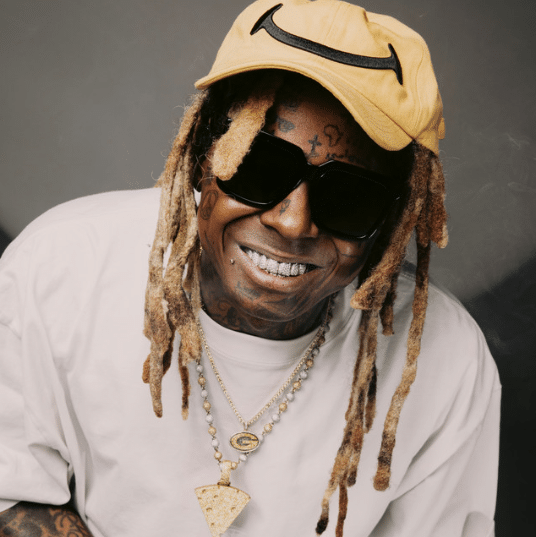
His Dedication and Da Drought mixtape series revolutionized how artists approach mixtapes, while his Carter album series established him as a commercial juggernaut. His distinctive voice, endless wordplay, and relentless work ethic have influenced virtually every rapper who emerged after him.
29. Drake
Aubrey Drake Graham simply uses his middle name professionally, leaving behind the first name that became familiar to Canadian audiences during his acting career on “Degrassi.” The Toronto artist revolutionized rap by blending vulnerable R&B with confident hip-hop, creating a template for emotional expression that countless artists have followed.

His craft of hooks, memes, and cultural moments has made him the most commercially successful rapper ever. His OVO brand expanded into a record label, clothing line, and cultural hub in Toronto and beyond.
Check Drake’s most-streamed songs for their impact on rap and hip hop culture.
30. Snoop Dogg
Calvin Cordozar Broadus Jr. received his nickname from his mother, who thought he resembled the Peanuts character Snoopy. The Long Beach icon emerged alongside Dr. Dre to help define West Coast G-funk before evolving into a beloved cultural figure across multiple generations.
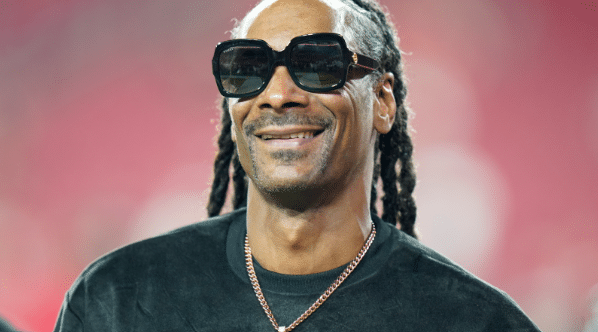
Image Source: News10 ABC
His distinctive drawl and laid-back persona have made him instantly recognizable even to those unfamiliar with hip-hop. His evolution from controversial gangsta rapper to family-friendly entertainment figure represents one of pop culture’s most successful image transformations, spanning music, film, television, and numerous business ventures. You can also catch him live and attend the Snoop Dogg Tour 2025.
Rappers’ Real Names Female
Female rappers have been breaking barriers and changing the landscape of hip-hop. Their stage names often represent empowerment, alter egos, or artistic reinvention that helps distinguish them in a male-dominated industry.
Here is a list of 10 female rappers’ names.
| Artist Name | Real Name | Origin |
|---|---|---|
| Nicki Minaj | Onika Maraj | Adapted from childhood nickname |
| Doja Cat | Amala Dlamini | Combined love of cats and marijuana strain |
| Missy Elliott | Melissa Elliott | Shortened version of first name |
| Megan Thee Stallion | Megan Pete | References her height and southern slang |
| Cardi B | Belcalis Almanzar | Derived from rum brand Bacardi |
| Latto | Alyssa Stephens | Previously “Mulatto,” changed due to controversy |
| Saweetie | Diamonté Harper | Based on her grandmother’s nickname for her |
| Rico Nasty | Maria Kelly | Reflects her aggressive rap style |
| Flo Milli | Tamia Carter | Combination of childhood nickname and “millionaire” |
| Queen Latifah | Dana Owens | Arabic for “delicate and sensitive” |
Bonus: Many artists here have iconic names and dominate global sales. Check out our best-selling rappers to see their impact
Conclusion: Jay-Z’s Real Name Is Shawn Carter
The shift from birth name to stage name is a vital milestone in many rappers’ artistic journeys. For example, Shawn Carter became Jay-Z, inspired by the J/Z subway lines of Brooklyn, creating a name synonymous with hip-hop excellence.
Similarly, Marshall Mathers adopted Eminem, derived from his initials (M&M), crafting a persona that conveyed his internal struggles and skills. Curtis Jackson took the name 50 Cent, honoring a Brooklyn robber, which emphasized the street credibility essential to his early image.
In hip-hop, these name changes signify rebirth and reinvention, allowing artists to develop identities beyond their origins while often honoring their roots.
Whether through slight adjustments or complete transformations, these decisions are key to understanding the influential personas in rap history.
FAQs
Stage names often provide marketability, protect privacy, establish distinctive identities, and sometimes emerge naturally from childhood nicknames or street personas.
Belcalis Almánzar (Cardi B) and Nayvadius Wilburn (Future) often surprise fans with their real names, which contrast dramatically with their more straightforward stage names.
There is no significant difference in name-changing frequency between genders, with both genders creating marketable identities based on personal history or artistic vision.
Some artists, like Common (formerly known as Common Sense), have simplified their stage names, while others abandon established brands entirely due to recognition value.
“Lil” originally denoted youth or mentorship relationships in hip-hop, but has evolved into a popular prefix, regardless of physical size or age.
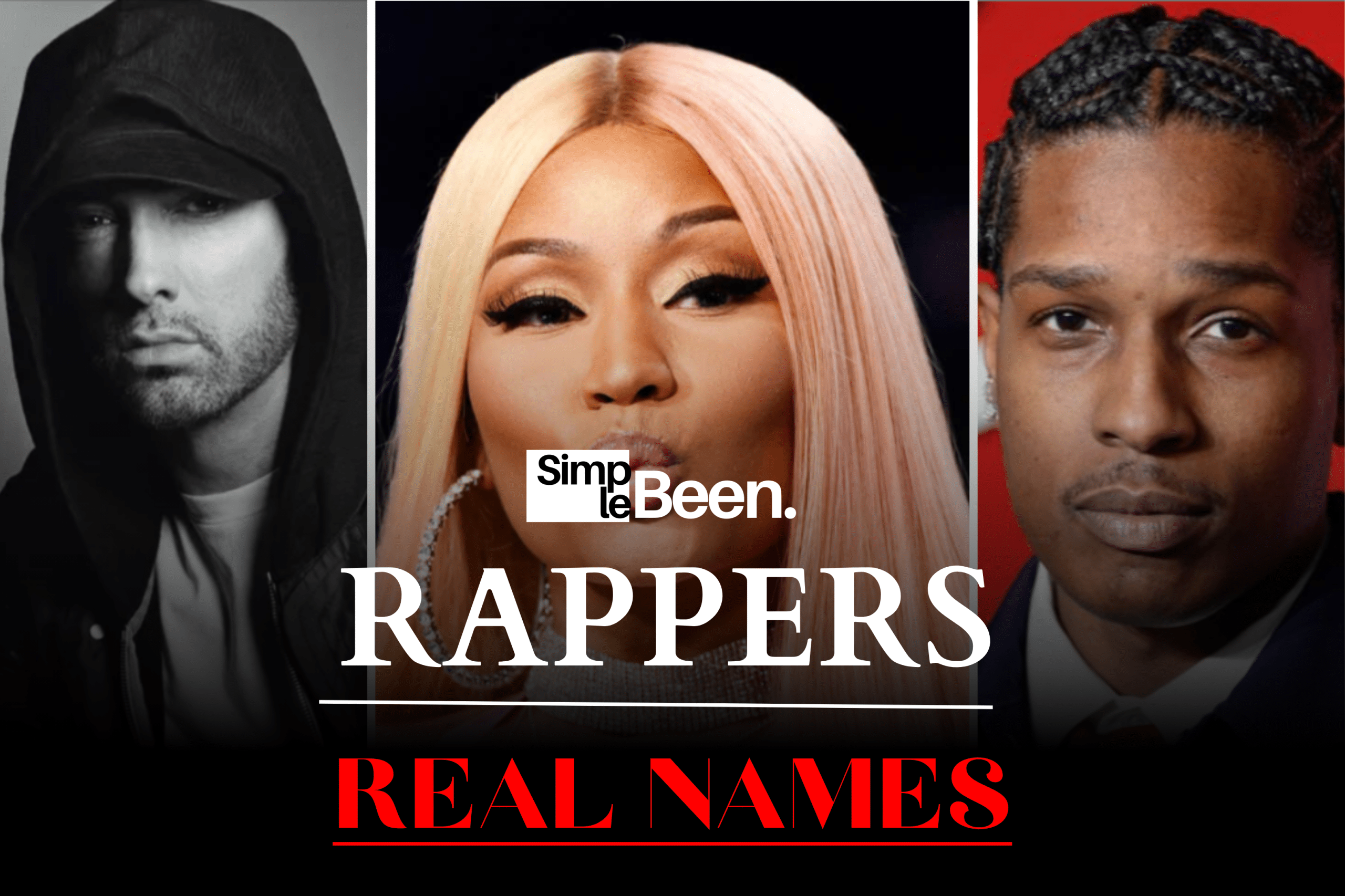

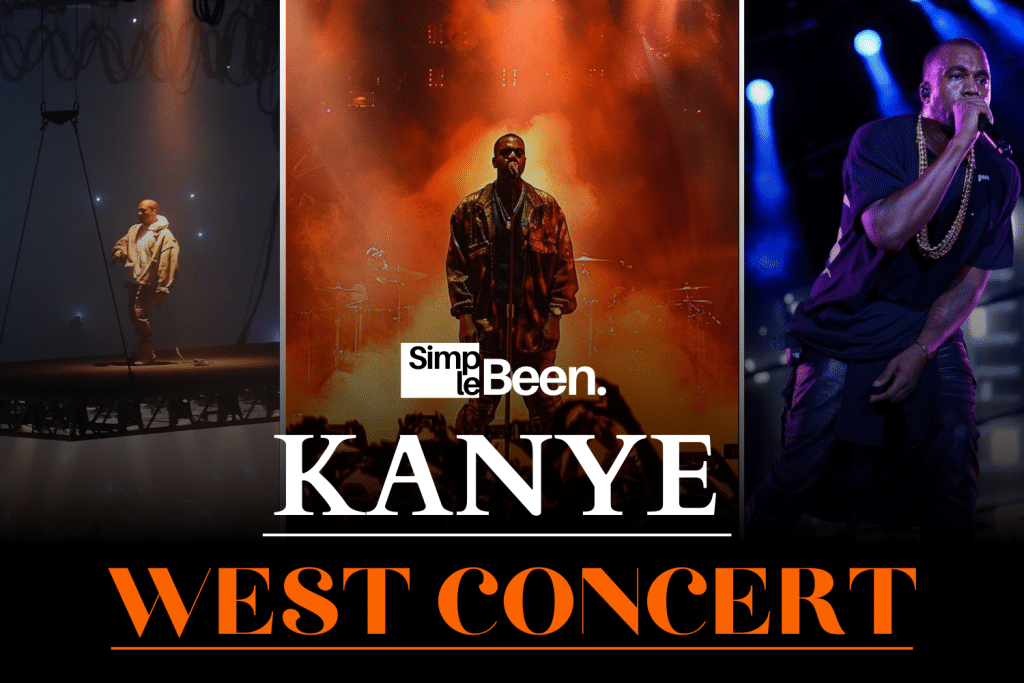
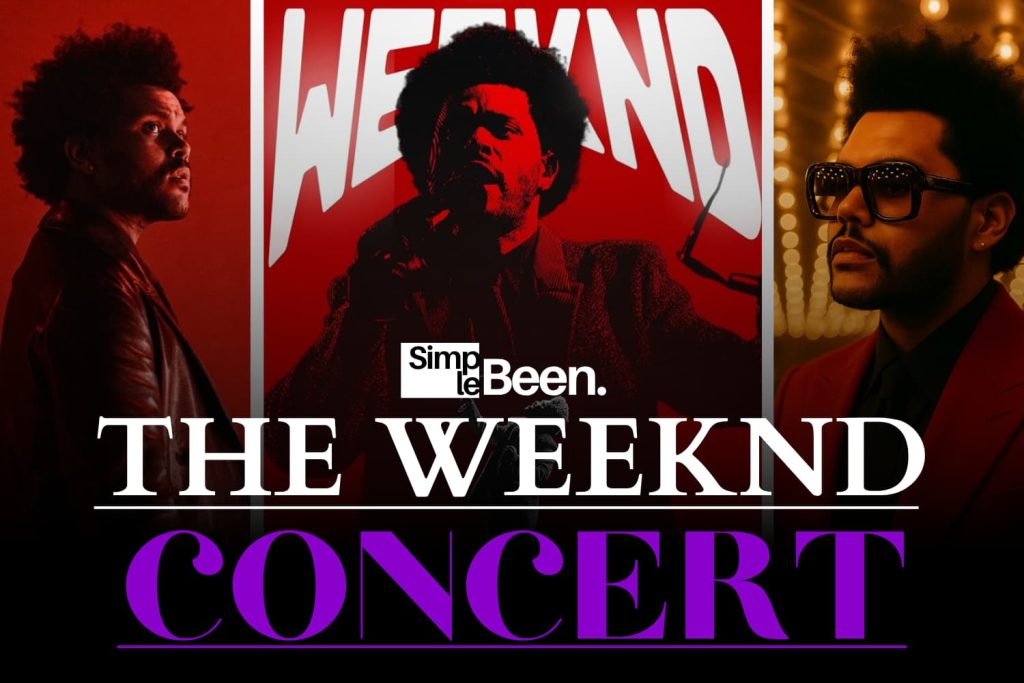


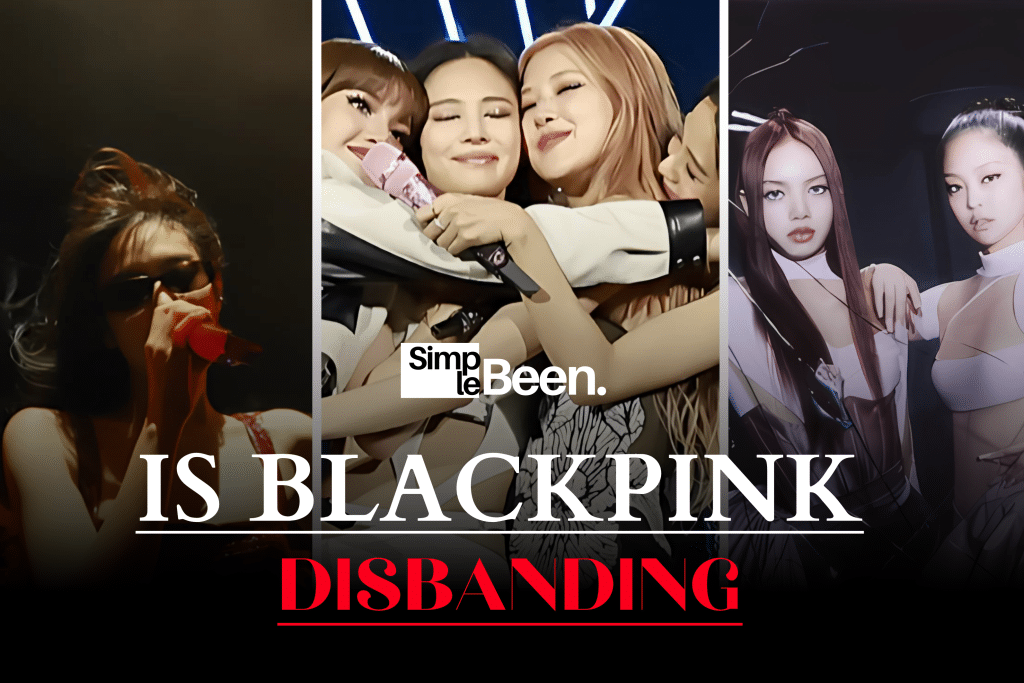
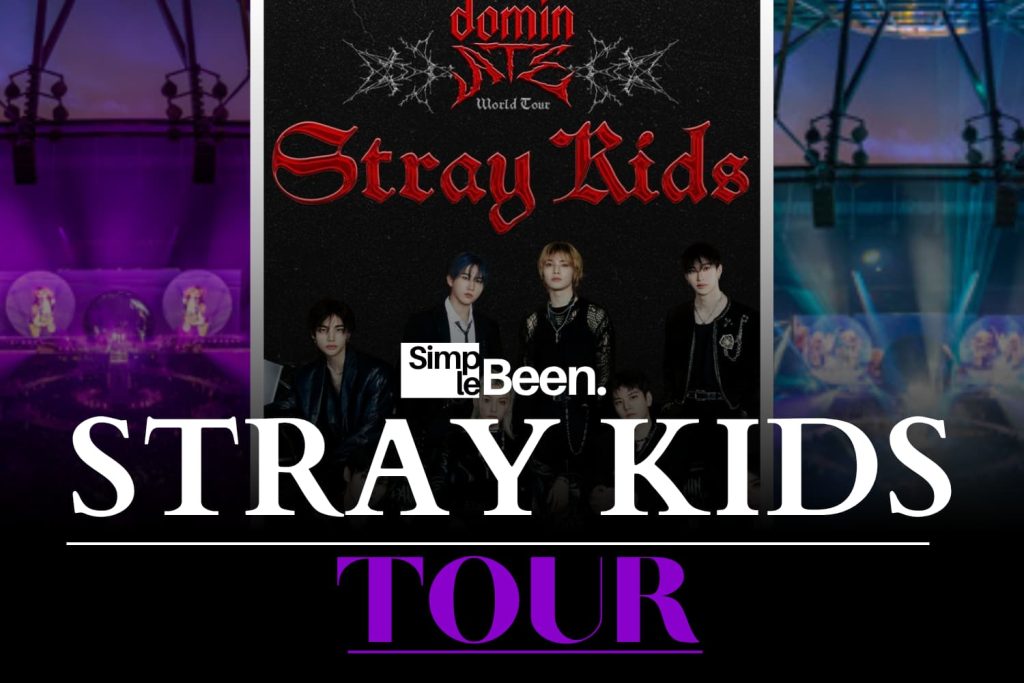


Leave a Comment